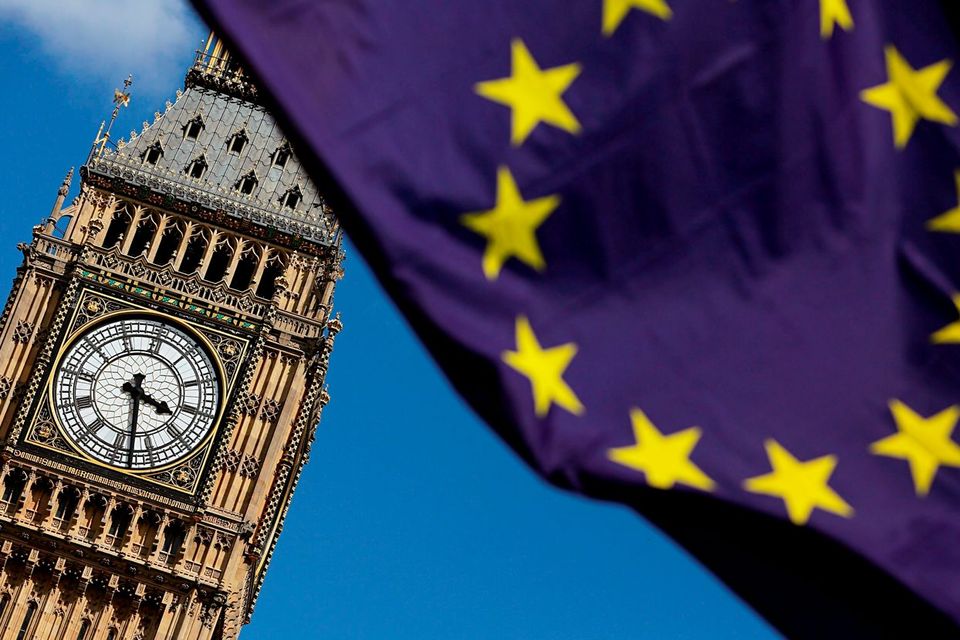Irish SMEs need not panic over a looming Brexit - help is at hand
Enterprise Ireland is working closely with clients to respond to Brexit
As Irish exporters deal with the implications of the UK vote to leave the EU, Enterprise Ireland is working closely with clients to respond to the situation as it unfolds.
It is important to remember that it will be over two years before any new trade agreement can be put in place. The UK must first formally inform the other EU member states of its intention to withdraw, and only then can the two-year withdrawal period commence.
The key issue in the short term for Irish exporters is managing their exposure to currency volatility.
We have been in contact with hundreds of Irish exporters to the UK in the past week, many of whom have put in place currency risk-management policies. We are advising clients who have not already done so, to take professional advice if they do not have experience in this relatively complex area.
To help companies understand the key considerations in managing forex risk, we have published a webinar on our website, in which John Finn of Treasury Solutions outlines some of the issues exporters should be thinking about, including reviewing foreign exchange policy, hedging options, calculating break-even currency rate for UK sales and bank loan agreements.
The UK is and will remain a key market for Enterprise Ireland clients who recorded over €7.5bn in exports last year. This will continue to be the case, and we will be continuing to actively help exporters deepen and strengthen their presence there by helping them become as lean and as innovative as possible.
We are advising companies to seek new UK opportunities, through our UK office which is active in identifying openings in financial services, aerospace, health, infrastructure and more.
That said, over recent years, we have been working with companies to help them diversify globally.
Enterprise Ireland recently announced record export results by client companies, breaking the €20bn threshold for the first time. This represents an increase of 10pc on the previous year. In terms of the UK, we have actually seen more companies diversify and as a result the proportion of exports to the UK has declined from 45pc in 2005 to 37pc last year.
Our results also show how Irish exporters' diversification strategies into other markets is working. Exports increased across most territories with those to the USA and Canada increasing by 27pc to almost €3bn; and exports to Northern Europe were up 8pc to €4.2bn.
In general terms, we are driving competitiveness in Irish companies through a suite of supports that help companies reduce supply-chain costs and become leaner; increasing efficiencies and reducing costs as a means of improving operating margins. Another area we are focusing on is our international clustering strategy which involves bringing sectoral clusters of companies to global markets.
We will also be hosting an International Markets Week in early October where we will bring over 70 of our international market advisors back to Ireland to meet clients and help them map out their market diversification strategies.
As this period of uncertainty and currency volatility continues, Enterprise Ireland will continue to develop and implement supports for client companies. Next week, we will publish a practical guide on key areas such as tax, legal, supply chain, market diversification and competitiveness.
In order to assist clients, we have set up a dedicated UK export page on the Enterprise Ireland website, and a UK export help line. The website answers some FAQs, which we will add to over time and also will provide access to a range of relevant information. We have also published a Five Pillars of Enterprise Ireland Support - an information guide for Irish exporters to the UK which outlines our plans.
Join the Irish Independent WhatsApp channel
Stay up to date with all the latest news















